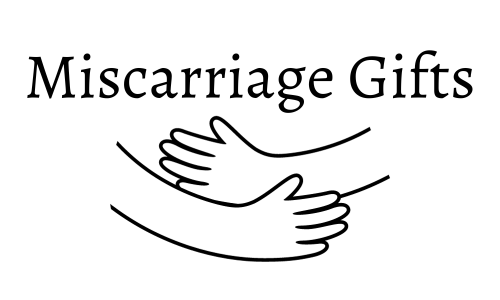When a mother suffers a miscarriage, the emotional and psychological toll is often overwhelming. Friends and family, in their desire to provide comfort, may instinctively offer advice, condolences, or try to cheer her up. However, one of the most profound gifts anyone can offer a grieving mother is not words of wisdom or attempts at comfort—it is the simple, yet powerful act of listening.
The Need for Silence: Why Listening Matters
A grieving mother often feels isolated in her sorrow, as miscarriage is a loss that can be difficult for others to understand fully. She may encounter well-meaning, yet unhelpful comments such as, "Everything happens for a reason," or, "You can try again." While these sentiments may be rooted in compassion, they can inadvertently minimize her grief, leaving her feeling unheard and invalidated.
Listening, on the other hand, allows a grieving mother to express her emotions without the pressure of receiving advice, judgment, or platitudes. It gives her the space to process her grief in her own way and on her own terms. More importantly, listening conveys empathy and respect for her experience, which is often what she needs most. When friends and family listen rather than speak, they honor the depth of her loss and acknowledge the complexity of her emotions.
What Active, Compassionate Listening Looks Like
1. Be Present and Focused Active listening means being fully present in the moment. It involves giving the grieving mother your undivided attention, making her feel that her words and feelings matter. This requires putting away distractions like phones, looking her in the eye, and truly concentrating on what she is saying. Silence can often be a powerful tool, allowing her to speak at her own pace without feeling rushed.
2. Offer Validation, Not Solutions One of the core aspects of compassionate listening is validating the mother’s emotions. Whether she feels anger, sadness, guilt, or confusion, each of these emotions is a natural response to grief. Instead of offering advice or solutions, acknowledge her feelings by saying something like, "I can't imagine how hard this is for you, but I'm here to listen." Statements like these validate her experience without minimizing or dismissing it.
3. Avoid Judgment and Comparisons It’s critical to avoid comparing her experience to others or making statements that imply how she should feel. Phrases such as, "At least you weren't further along," or, "Other women have gone through worse," unintentionally dismiss her pain. Active, judgement-free listening means accepting that her grief is uniquely hers, and she must be allowed to express it in whatever way feels right to her.
4. Use Nonverbal Communication Sometimes, words aren’t necessary. Simple nonverbal cues like nodding, maintaining soft eye contact, or offering a comforting touch (if appropriate and welcomed) can communicate deep understanding and empathy. These gestures reassure the grieving mother that you are emotionally present, even if you don’t know exactly what to say.
5. Allow for Silence Grief is often accompanied by long pauses, moments of silence, or tears. In these moments, it’s essential not to fill the silence with well-meaning, but unnecessary words. Sometimes, the best support comes from simply sitting with her, allowing her to feel her emotions in your presence. This kind of silent solidarity is often more comforting than any attempt at verbal reassurance.
The Harm in Giving Unsolicited Advice or Comfort
While it’s natural to want to "fix" things for someone we love, offering advice to a grieving mother can often do more harm than good. Unsolicited suggestions, no matter how well-intentioned, can imply that there’s a "right" way to grieve, or that the mother’s emotions need to be "fixed" or "resolved." In reality, grief is not a problem to be solved, but a process to be supported.
Similarly, attempts to cheer her up or shift her focus away from her loss can feel dismissive. When someone tries to make a grieving person feel better, it can send the message that their feelings of sadness, anger, or despair are inconvenient or should be quickly overcome. This creates an emotional barrier, making the grieving mother feel misunderstood and even more isolated in her pain.
Conclusion: Listening as a Healing Gift
Grief, especially after a miscarriage, is a deeply personal and complex experience. For a mother grieving this profound loss, what she often needs most is not advice or attempts at comfort but the healing gift of someone who will simply listen. Active, compassionate listening provides a safe space for her to express her feelings, process her grief, and feel supported without judgment or pressure.
In a world full of words, learning to listen is a powerful way to show love and support for a grieving mother. Through this act, friends and family can help her feel less alone, more understood, and gently accompanied on her journey through loss.
